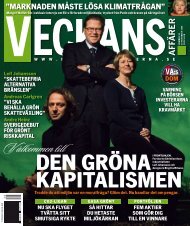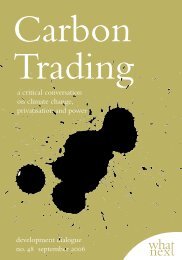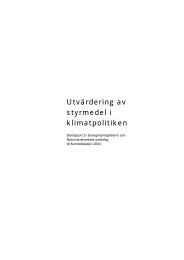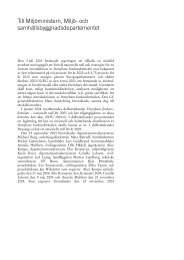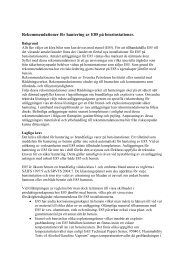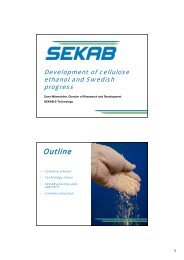Sugarcane ethanol: Contributions to climate change - BAFF
Sugarcane ethanol: Contributions to climate change - BAFF
Sugarcane ethanol: Contributions to climate change - BAFF
Create successful ePaper yourself
Turn your PDF publications into a flip-book with our unique Google optimized e-Paper software.
Chapter 9<br />
Table 1. Import tariffs on bio<strong>ethanol</strong> 1 .<br />
Country Import tariff<br />
US 2.5% + extra US$ 14 cents/litre (46% ad valorem)<br />
EU € 19.2/hl (63% ad valorem)<br />
Canada 4.92 US$ cent/litre<br />
Brazil 2 20%<br />
Argentina 20%<br />
China 30%<br />
Thailand 30%<br />
India 186% on undenatureated alcohol<br />
Source: adapted from Dufey et al. (2007b)<br />
1 Undenaturated alcohol.<br />
2 Temporarily lifted in February 2006.<br />
On the other hand, the planning of an export-oriented bio<strong>ethanol</strong> industry based on the<br />
rationale of preferential market access is a risky strategy. As Box 5 suggests for Pakistan,<br />
trade preferences can be withdrawn at any time with devastating e�ects on the industry.<br />
Subsidies is another key concern. In industrialised countries, government support for the<br />
domestic production of energy crops, the processing or commercialisation of biofuels seems<br />
<strong>to</strong> be the rule (Dufey, 2006). Amounts involved are enormous. In the United States, Koplow<br />
(2006) estimated that subsidies <strong>to</strong> the biofuels industry <strong>to</strong> be between US$ 5.5 billion and<br />
US$ 7.3 billion a year. In the European Union, Kutas and Lindberg (2007) estimated that<br />
<strong>to</strong>tal support <strong>to</strong> bio<strong>ethanol</strong> amounted € 0.52/litre.<br />
�e impacts these policies have on the developing countries competitiveness and on their<br />
potential for poverty reduction needs <strong>to</strong> be unders<strong>to</strong>od as domestic support in these<br />
countries is likely <strong>to</strong> be very limited. Moreover, subsidies impacts on environmental<br />
sustainability are also questionable as they promote bio<strong>ethanol</strong> industries based on the<br />
less e�cient energy crops and with the least greenhouse gases reductions such as maize<br />
and wheat (Dufey, 2006).<br />
�e proliferation of di�erent technical, environmental and social standards and regulations<br />
for biofuels – without a system for mutual recognition – cause additional di�culties. For<br />
instance, at present not all biofuels are perceived as ‘sustainable’ especially those coming from<br />
overseas. As a consequence, several initiatives <strong>to</strong>wards the development of sustainability<br />
certi�cation for both bio<strong>ethanol</strong> and biodiesel have started. Some of them are led by<br />
governments (e.g. the United Kingdom, Netherlands and the European Union); others by<br />
218 <strong>Sugarcane</strong> <strong>ethanol</strong>



